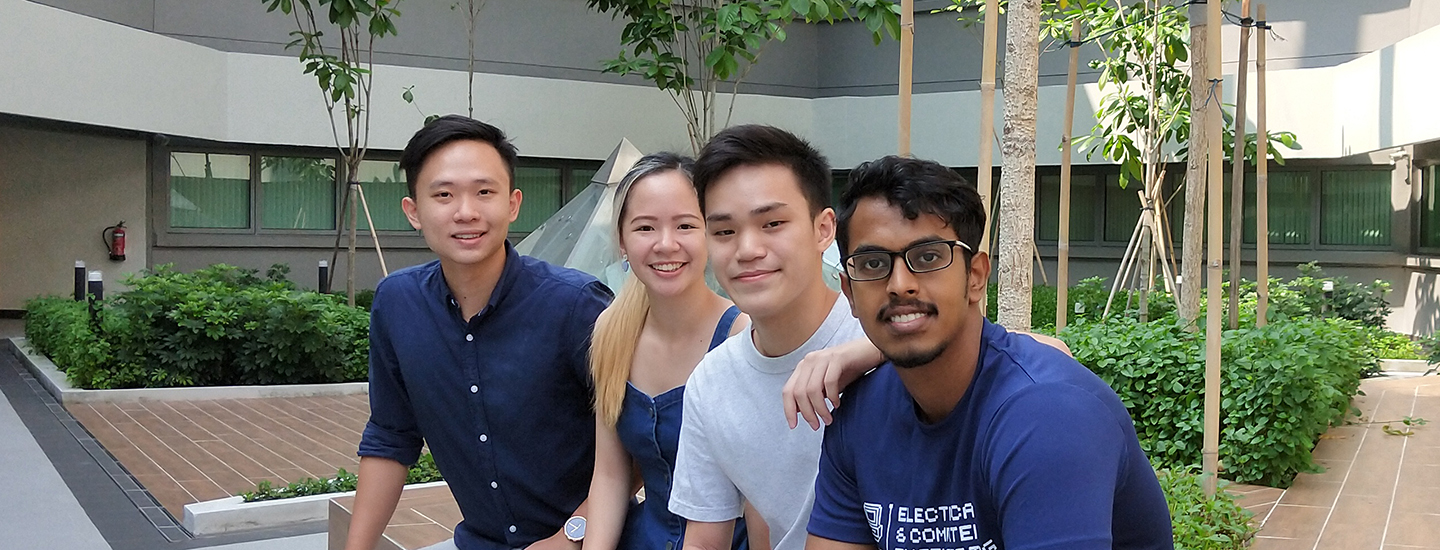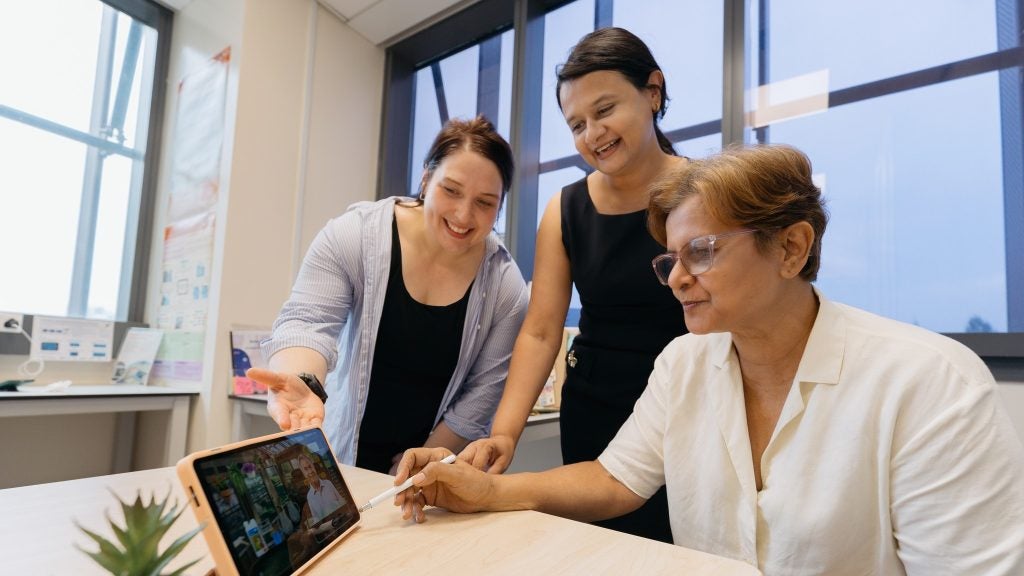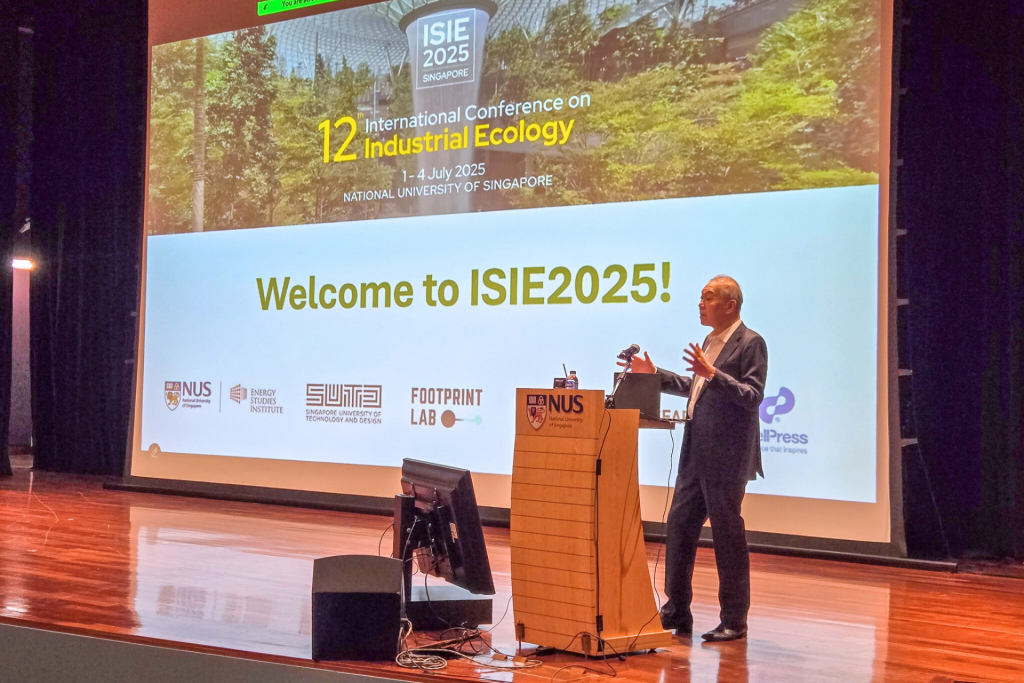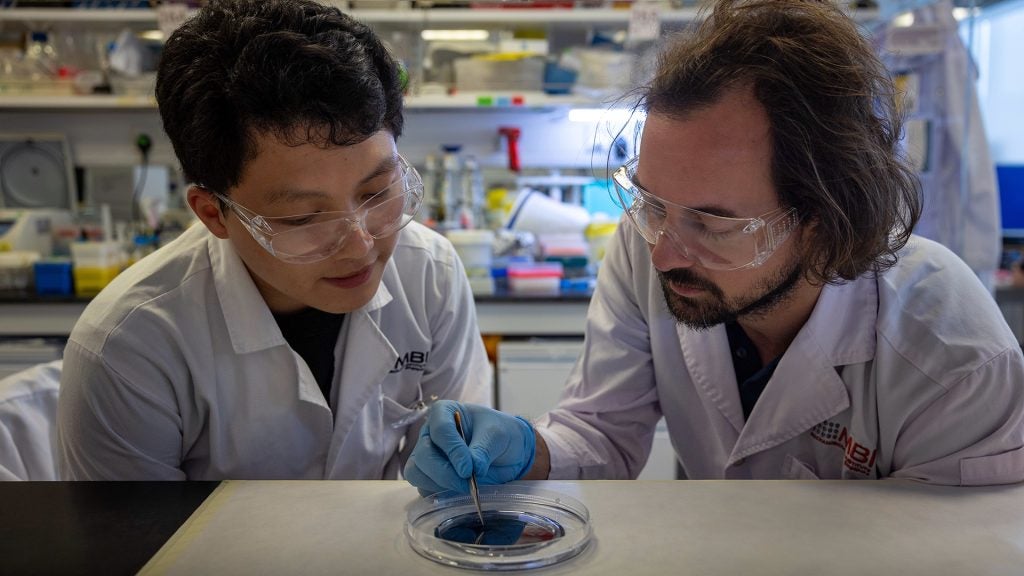
Out of the classroom, into the lab!
When engineering students first step into a university, they typically expect an avalanche of lectures, tutorials and assignments.
At NUS Engineering, we prefer hands-on experiences. Instead of being immersed in hundreds of hours of lecture and tutorial-based theory, all freshmen get their first taste of engineering through practical Engineering Principle and Practice (EPP) lab sessions that introduce them to key concepts in their chosen engineering discipline.
How EPP is changing engineering education
EPP modules give students a broad overview of their selected discipline, teaching them just enough about each topic to spark an interest (and to enable them to carry out experiments and projects), then giving them the freedom to embark on challenges that can only be successfully completed through a combination of teamwork, creative thinking, experimentation and study.
The "perfect introduction to engineering"
The students involved with these innovative EPP projects share their experiences with EPP. Ijaz in particular, tells us that "It's the perfect way of introducing people to engineering." Reo agrees, saying, "The lecturers really help to instil these lessons (of experiential learning) by sharing personal experiences from their engineering careers and linking it to what we're learning."
Meanwhile, Ryan enjoys the real-life applications of lessons learnt in EPP, telling us how he sees the relation between his team's autonomous car and the autonomous cars that corporations such as Grab are interested in adopting.
Lessons from EPP
While the students agree that the lab-style teaching philosophies of EPP may not directly translate to every other subject in the curriculum, they do appreciate how NUS Engineering is already implementing EPP's key concepts - such as experiential learning - into other areas, further enhancing the learning experience at the university.
Joyce adds, "EPP is fun, light-hearted and helps us to realise the practical applications of everything we've studied before university… and everything we'll learn in the years ahead!"
Featured EPP challenges |
Project: Autonomous CarJoyce Ng, Common Engineering | Ryan Tan, Mechanical Engineering The autonomous car is an intelligent, self-driving car that is capable of finding its way around a track without human intervention. This nimble creation is capable of navigating through sharp turns, finding its way around roadblocks and even making U-turns as it drives itself to its destination.
|
Project: Fruit WineNeo Zheng, Chemical Engineering In what must be a dream come true for many varsity students, this team created wine from everyday fruits such as mangoes, pineapples and lemon zest. Equipped with $10 and the necessary knowledge in chemical engineering, the team purchased fruits from the supermarket, put their ingredients into a vessel and created fragrant, sweet-tasting fruit wine!
|
Project: Robo PetIjaz Navas, Electrical Engineering This adorable robo pet behaves like a real pet, minus smelly messes. Students designed robo pet to follow its owner around the home, manoeuvring to wherever its owner walks. As an added bonus, owners can clap their hands to send robo pet into a dancing frenzy - where it twists, twirls and pirouettes with delight!
|








